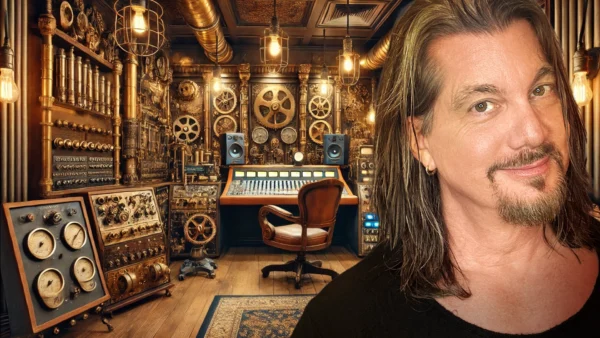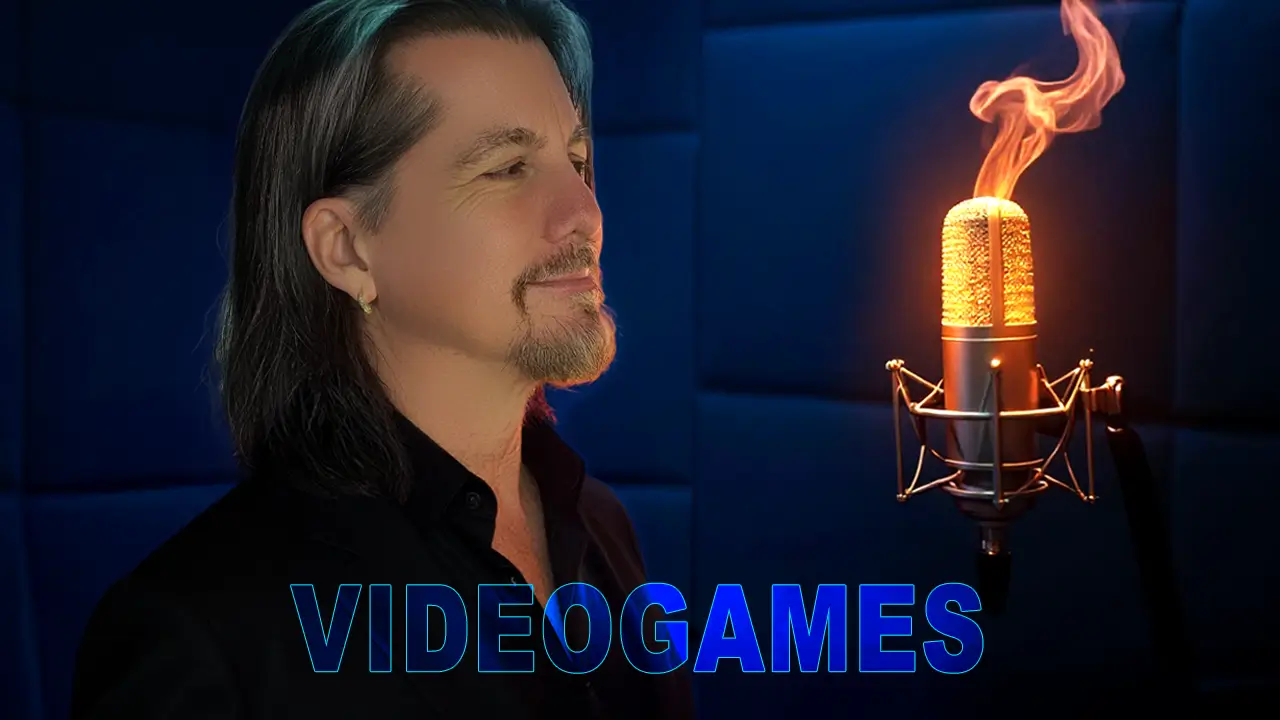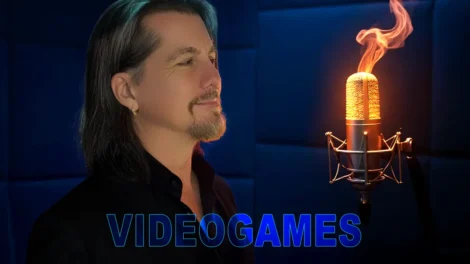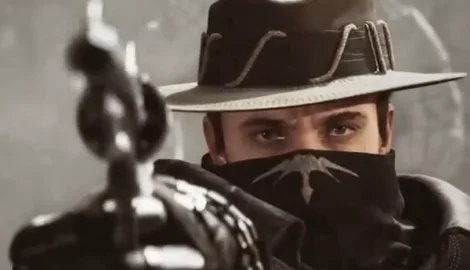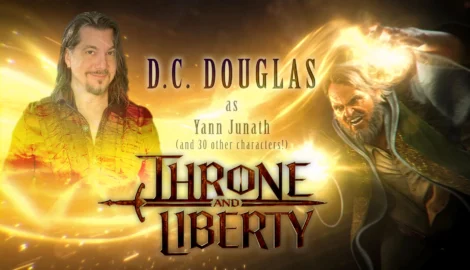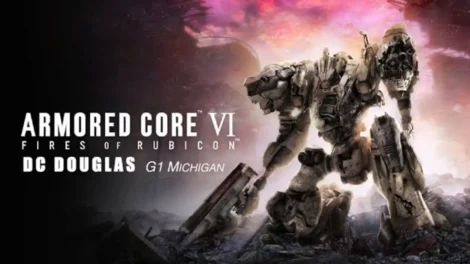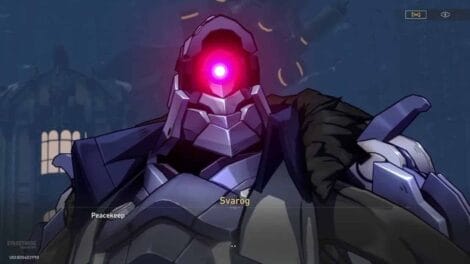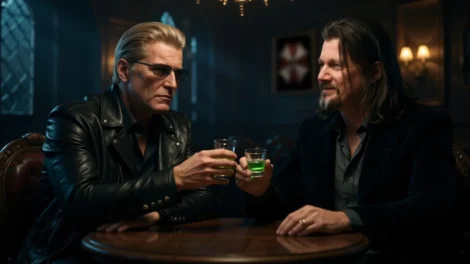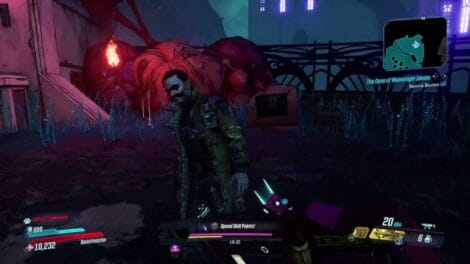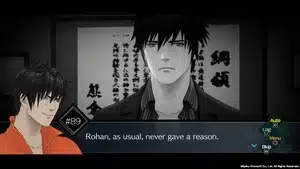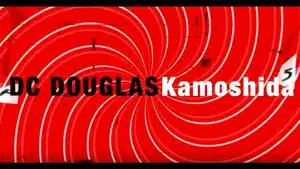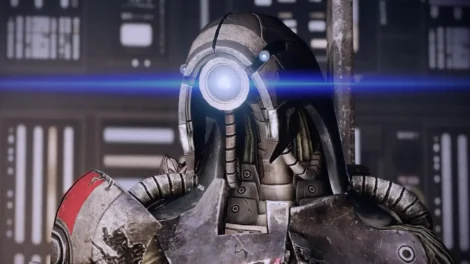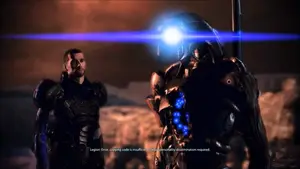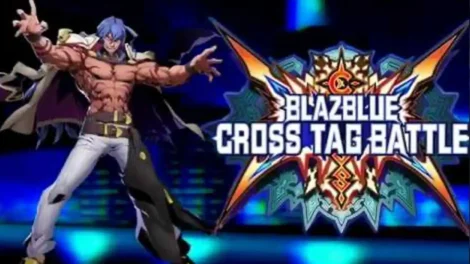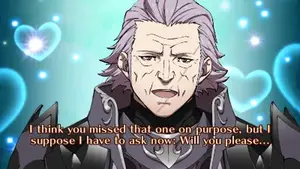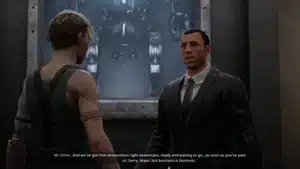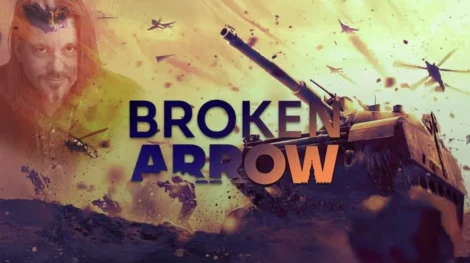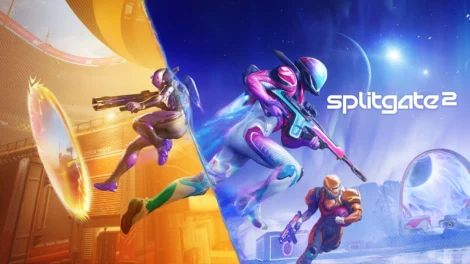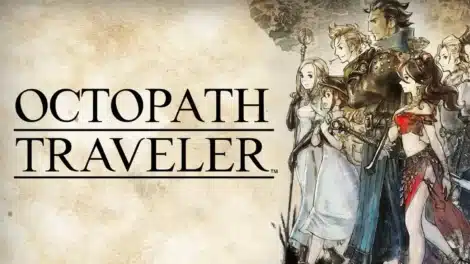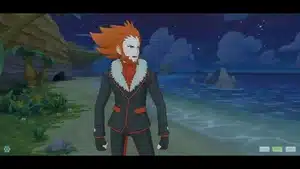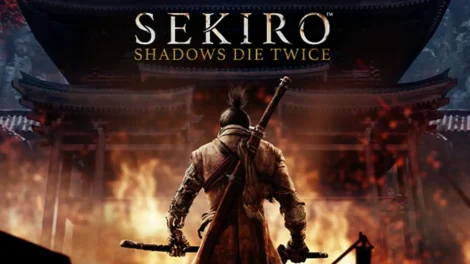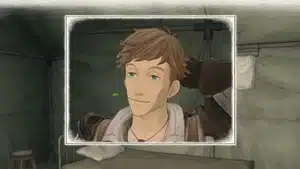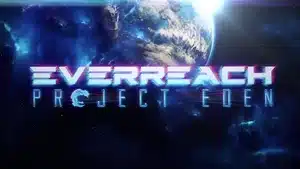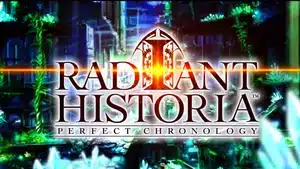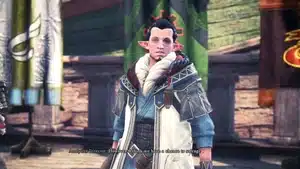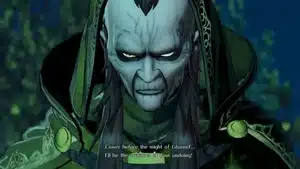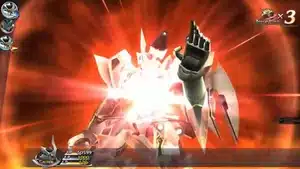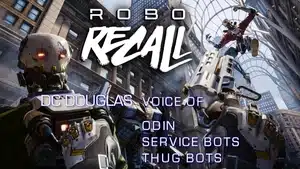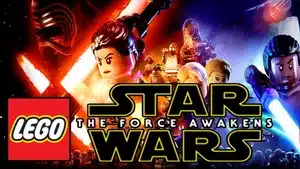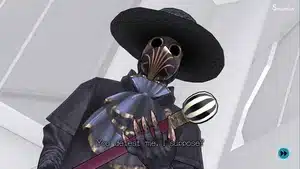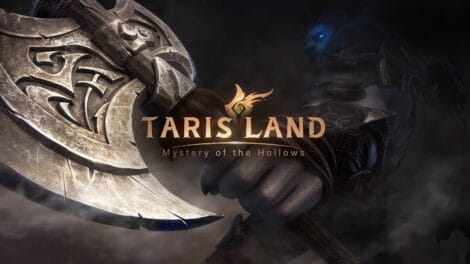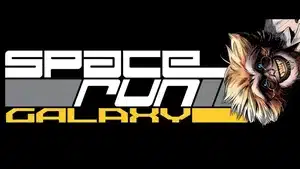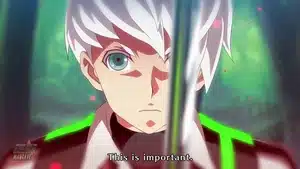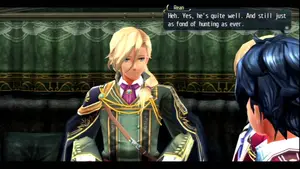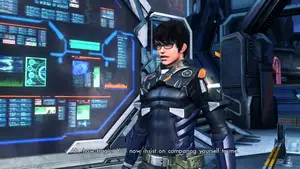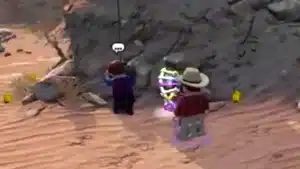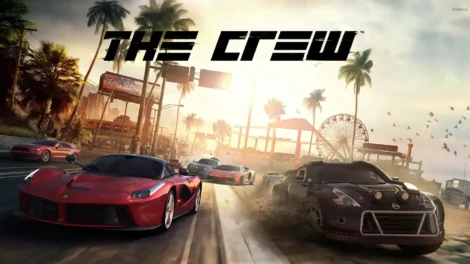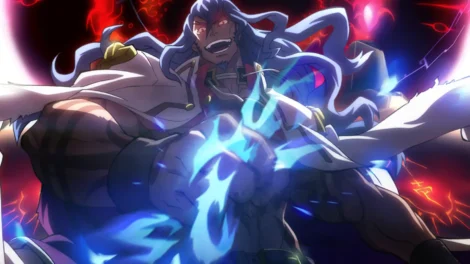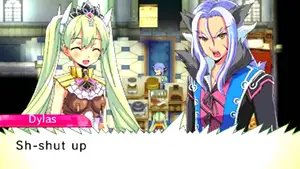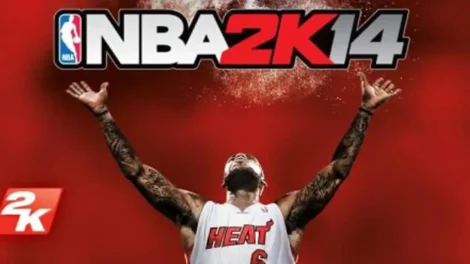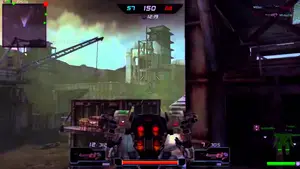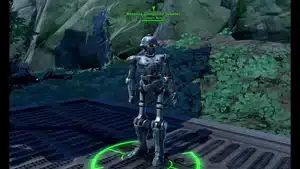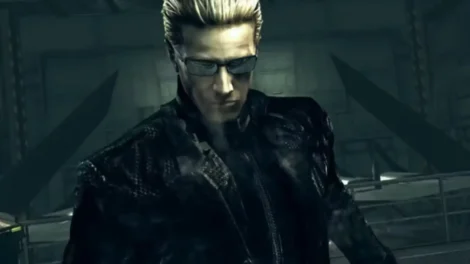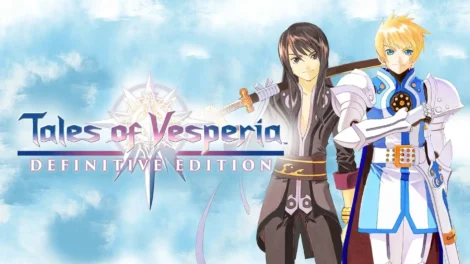Why Voice Acting is Crucial for Indie Games
Hey, indie devs. Yeah, I’m talking to you, the brave souls who dare to venture into the wild frontier of Steam, armed with nothing but a dream and some wicked game mechanics. You’re on the grind, but here’s a tip from someone who knows the ropes—voice acting can make or break your game.
Look at games like Hades, Celeste, or Stardew Valley. These games didn’t just thrive because of their gameplay (although let’s be real, that was fire); they nailed it because the voice actors made you feel. They brought the characters to life, made them relatable, and yeah, made them unforgettable. But guess what? That same level of depth doesn’t have to cost an arm and a leg.
Case Studies: Indie Games that Got it Right
Hades
Hades by Supergiant Games is a beast of a game. It’s fast, it’s fluid, and it’s addictive as hell. But the real kicker? The voice acting. Every character oozes personality. Zagreus, voiced by Darren Korb, has that charming, rebellious tone that makes you root for him even when he’s facing down mythological nightmares. The game’s voice talent is versatile, breathing life into gods, demons, and humans alike.
Celeste
Then there’s Celeste, which took emotional storytelling to new heights. The vocalizations, though minimal, hit hard. The voice acting paired perfectly with the soundtrack, creating a symphony of emotion. It didn’t just help tell the story; it made you feel every step of Madeline’s climb.
Stardew Valley
While not fully voiced, Stardew Valley uses character-specific sound effects to great effect. These subtle vocalizations add personality to each character, proving that even minimal voice work can significantly enhance the player’s experience.
Undertale
Another indie gem, Undertale, uses unique “voices” for each character through text sounds. This creative approach to voice acting adds depth to the characters without the need for full voice-over, showing that there are innovative ways to incorporate “voice” into your game.
Finding the Right Voice Actor for Your Indie Game
Let’s get down to business. As an indie dev, you need a voice actor who can do more with less—a multi-tool of vocal prowess, ready to bring your characters to life. Someone who can jump between larger-than-life villains and gruff, gritty heroes. That’s where D.C. Douglas comes in.
With a voice like a tank’s engine (in a good way), D.C. Douglas is your go-to for those iconic villain roles. He’s got the depth and menace that’ll have your players sweating in their seats. But don’t think that’s all he’s got. He can also pull off the hero vibe—gritty, rough around the edges, and full of that gravitas that you want in your lead characters. Think of him as your secret weapon for narrative depth.
D.C. Douglas: From AAA to Indie
D.C. Douglas is a versatile voice actor known for his high-profile roles in major franchises. He’s perhaps best known for his portrayal of Albert Wesker in the Resident Evil series, bringing a chilling intensity to the iconic villain.The intimidating and relentless Rayvis in “Star Wars Jedi: Survivor.” Another standout performance is his role as Legion in the Mass Effect series, where he also voiced the entire geth collective.
But what sets D.C. apart is his willingness to lend his considerable talents to indie projects. He’s elevated games like:
- Soulslinger: Envoy of Death, where he voices Soulslinger, a beaten down astral gunslinger looking for redemption. Coming in 2025.
- Hello Puppets: Midnight Show, bringing life to the creepy and comedic of Mortimer, the evil puppet cum puppet master.
- Adios, a narrative-driven game where his performance as the antagonist adds depth and emotion to the nuanced story.
These indie projects demonstrate D.C.’s ability to bring AAA-quality voice acting to smaller-scale games, proving that indie developers can access top-tier talent to elevate their projects.
The Cost of Hiring a Voice Actor
Now, let’s talk numbers. Hiring a professional voice actor might seem out of reach for indie budgets, but it’s more accessible than you might think.
Union Rates
For union voice actors, rates are set by SAG-AFTRA (Screen Actors Guild‐American Federation of Television and Radio Artists). As of 2024, the standard union rate for video game voice acting is approximately $1,000 for a 4-hour session. This rate includes one character voice per session.
Indie-Friendly Options
However, many voice actors understand the constraints of indie budgets and are willing to work with developers. Some actors are “financial core,” which means they can work on both union and non-union projects. This status often allows for more flexible rates, especially for passion projects or indie games with limited budgets.
For indie developers, it’s worth reaching out to voice actors directly. Many are open to negotiation, particularly if they’re interested in the project or see potential for future collaboration. Some might agree to a lower upfront fee in exchange for revenue sharing or other creative compensation arrangements.
Voice Your Game Right
If you want your indie game to stand out in a saturated Steam marketplace, you need more than killer gameplay and visuals. You need characters who stick with players long after they’ve put down the controller. You need voice talent that transforms your game from ‘pretty good’ to ‘can’t stop talking about it.’ You need professionals like D.C. Douglas who understand both AAA and indie sensibilities.
Remember, great voice acting doesn’t have to break the bank. With some creativity and negotiation, you can bring Hollywood-level talent to your indie project. Don’t just aim for good—aim for unforgettable. Your players (and your sales figures) will thank you.

